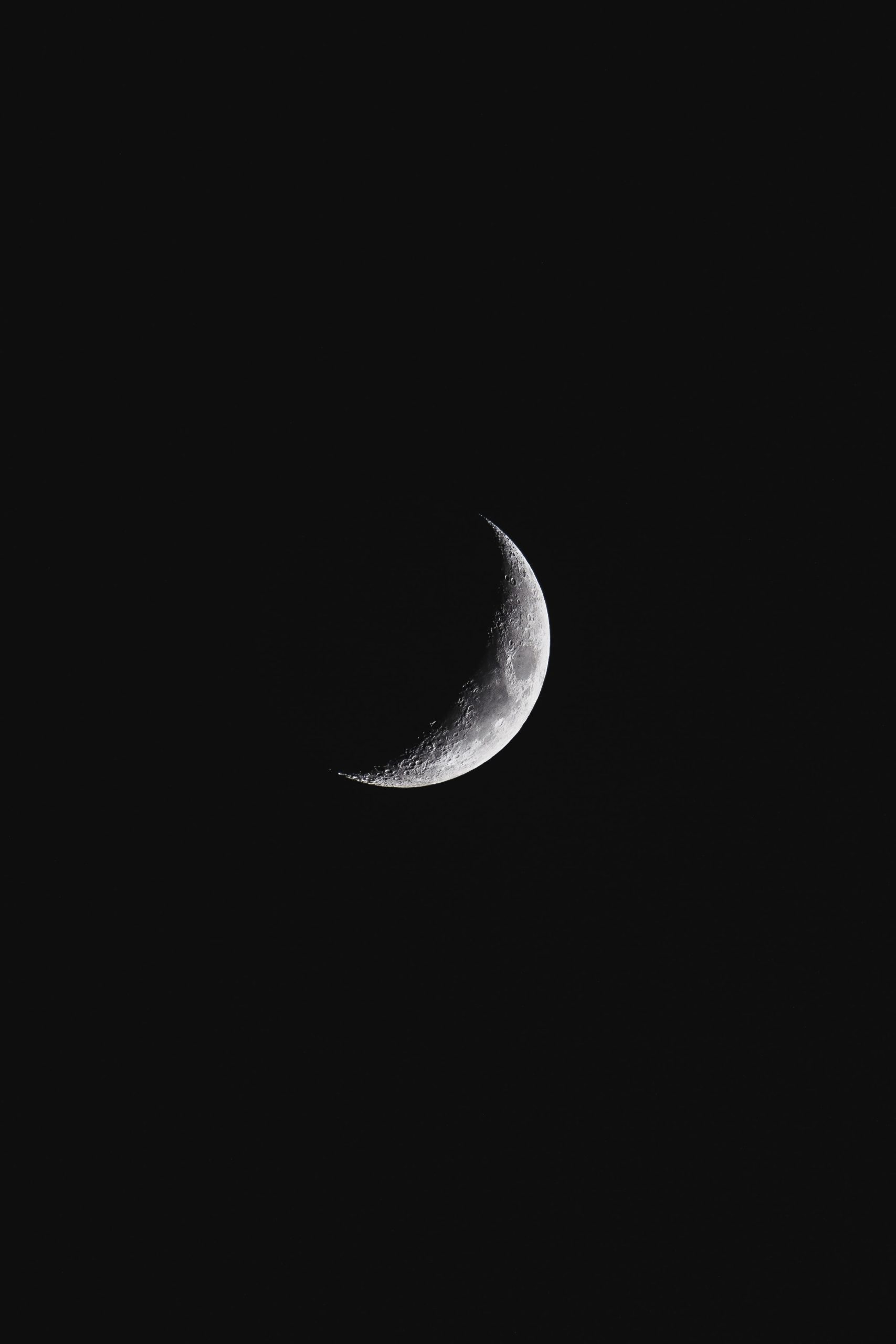Chinese Animal Symbols and Meanings: Exploring the Rich Cultural Significance
China, a country steeped in history and culture, is known for its profound symbolism. Throughout Chinese history, animals have played a significant role in conveying deep meanings and serving as important symbols in various aspects of life. From the ancient art of divination to the Chinese zodiac, the symbolism of these animals continues to be an integral part of Chinese culture. In this blog post, we will explore the fascinating world of Chinese animal symbols and their meanings.
The Influence of Chinese Animal Symbols
The Chinese have long believed in the interconnectedness of humans and nature, with animals often representing human qualities and characteristics. Animals were considered not only as real creatures but also as embodiments of spiritual forces. They were an important part of religious beliefs, folklore, astrology, and everyday life. Understanding the symbolic meanings of animals in Chinese culture can provide valuable insights into their ancient beliefs and traditions.
The Chinese Zodiac: A Celebrated Symbolic System
One of the most well-known uses of animal symbols in China is the Chinese zodiac, also known as Shengxiao. This system is based on a twelve-year cycle, with each year associated with a specific animal sign. These animals are the rat, ox, tiger, rabbit, dragon, snake, horse, sheep, monkey, rooster, dog, and pig.
| Animal Sign | Characteristics |
|---|---|
| Rat | Intelligent, adaptable, resourceful |
| Ox | Dependable, determined, hardworking |
| Tiger | Brave, confident, competitive |
| Rabbit | Gentle, compassionate, sensitive |
| Dragon | Powerful, confident, ambitious |
| Snake | Intuitive, wise, graceful |
| Horse | Energetic, intelligent, charming |
| Sheep | Gentle, harmonious, artistic |
| Monkey | Witty, clever, versatile |
| Rooster | Punctual, confident, honest |
| Dog | Loyal, reliable, compassionate |
| Pig | Generous, honest, diligent |
The Chinese zodiac is not only used to determine a person’s animal sign based on their birth year but also to predict personality traits, relationship compatibility, and even auspicious times for important events. The zodiac animals are also often depicted in artwork, sculptures, and celebrations, particularly during the Chinese New Year.
Beyond the Zodiac: Animals in Chinese Culture
While the Chinese zodiac is undoubtedly the most famous application of animal symbols, it is by no means the only one. Animals appear in various aspects of Chinese culture and hold deeper meanings that go beyond the zodiac cycle. Let’s dive into some of the significant animal symbols in Chinese culture:
Dragon: The Symbol of Imperial Power and Leadership
The dragon holds a special place in Chinese culture and is regarded as the most powerful and auspicious creature. Unlike the fearsome dragons of Western folklore, Chinese dragons are seen as benevolent creatures associated with power, wisdom, and good luck. Emperors in China were often closely associated with dragons, which were believed to bring rain and ensure prosperity.
Phoenix: The Symbol of Beauty and Harmony
The phoenix, often depicted as a majestic bird, represents feminine virtues such as beauty, grace, and loyalty. It is often associated with empresses and symbolizes harmony and prosperity. The phoenix holds great significance in Chinese art and culture and is believed to bring good fortune.
Turtle: The Symbol of Longevity and Wisdom
Turtles are revered in Chinese culture for their longevity and symbolize wisdom, stability, and protection. The image of a turtle with a snake biting its tail represents the unity of heaven and earth, yin and yang, and is associated with immortality.
Crane: The Symbol of Longevity and Good Fortune
The crane, a graceful and elegant bird, is highly regarded in China for its association with longevity, wisdom, and good fortune. Often depicted with other symbols of luck, cranes are believed to bring health, happiness, and a long life.
Fish: The Symbol of Prosperity and Abundance
In Chinese culture, fish symbolize abundance, wealth, and prosperity. The Chinese word for fish, “yu,” sounds similar to the word for surplus, making it an auspicious symbol. Koi fish, in particular, are believed to bring good luck, success, and perseverance.
Conclusion
Chinese animal symbols and their meanings form an essential part of the rich cultural heritage of China. From the Chinese zodiac to various symbolisms associated with animals like dragons, phoenixes, turtles, cranes, and fish, these symbols serve as reminders of significant characteristics, beliefs, and auspicious qualities. The Chinese people’s deep reverence for animals and their symbolic representations continues to influence their daily lives, traditions, art, and celebrations, ensuring their enduring cultural legacy.
Whether you are exploring Chinese astrology, decorating your home, or simply looking to deepen your understanding of Chinese culture, delving into the fascinating world of Chinese animal symbols and meanings will undoubtedly provide a new perspective on the interconnectedness between humans, animals, and the world around us.
Table of Contents
